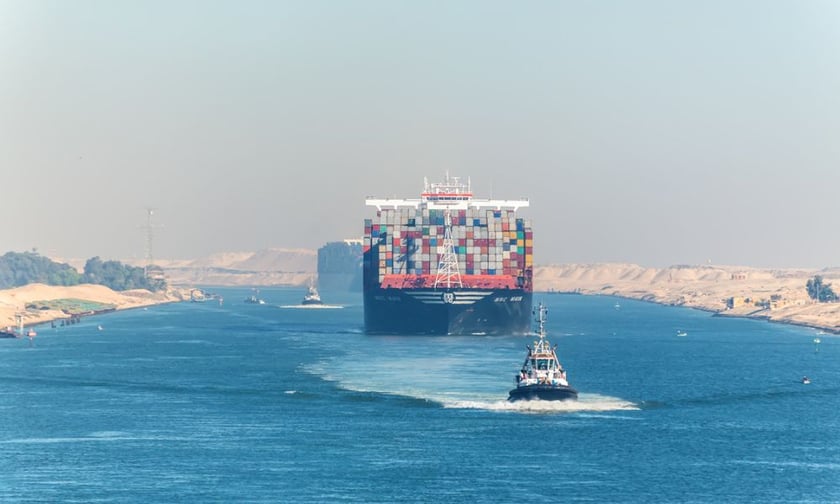

Recent disruptions in the Red Sea shipping lanes, caused by attacks by Iran-backed Houthi rebels, could soon have economic repercussions for New Zealand consumers. These attacks have affected container ships traversing one of the world's busiest cargo routes, through which nearly 15% of global seaborne trade passes, en route to the Suez Canal.
New Zealand, along with 11 other countries, has issued a joint statement demanding an immediate cessation of the attacks.
In a report from RNZ, Carel Bezuidenhout, a supply chain lecturer at Massey University, explained that the conflict is increasing insurance costs for shipping companies, prompting many to reroute their journeys via the Cape of Good Hope. This detour adds significant distance and delay to supply chains, potentially leading to slower response times.
“When we start harvesting kiwifruit and we want to get those fruit to Europe as fast as possible, then it is going to become problematic for us to add another two weeks to get around the Cape of Good Hope,” Bezuidenhout said. “We don't know when it will be safe enough or when our insurance will allow us to actually get back into the Red Sea and actually start making commercial sense to run through that space.”
Maritime Union national secretary Craig Harrison anticipates that shipping companies may increase freight rates to cover the additional costs incurred by these longer routes.
“I think the ports will be concerned if they see a drop in trade and if costs go up but I think at the moment they'll be analysing what's going to happen,” Harrison said.
What are your thoughts on this story? Please feel free to share your comments below.
